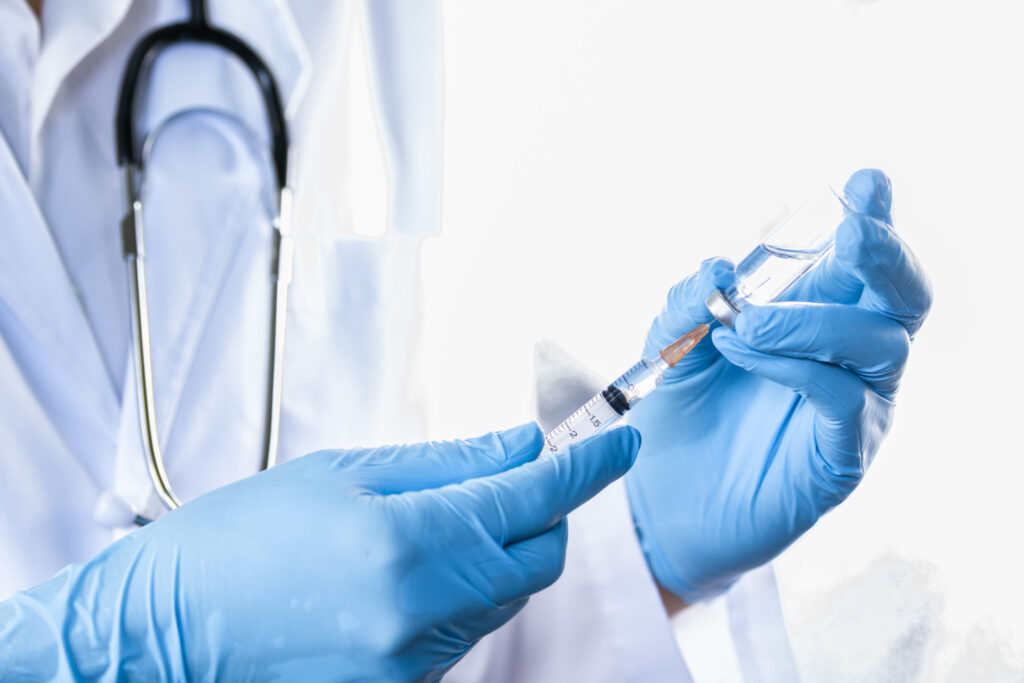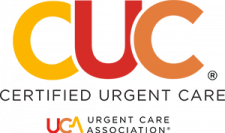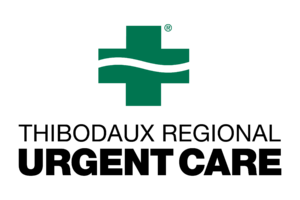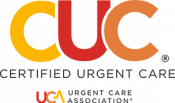Vaccines are the most effective way to protect yourself and your community from infectious disease and costly hospital bills. If more people in a population get vaccinated, it lowers the risk for those who can’t.
Unlike most medicines, which treat or cure diseases you already have, vaccines work to prevent them. All vaccines undergo rigorous safety testing before they are introduced to the public. Also, they’re regularly monitored for side effects once they’re introduced.
According to World Health Organization, immunizations (vaccines) currently prevent 2-3 million deaths every year. They also prevent epidemics of vaccine-preventable diseases like polio, tetanus, influenza, hepatitis B, hepatitis A, rubella, Hib, measles, whooping cough, pneumococcal disease, rotavirus, mumps, chickenpox and diphtheria.
How do vaccines work?
A vaccine is a product that stimulates the immune system to produce disease-specific antibodies. An antibody is a protein your immune system uses to identify and neutralize foreign objects, like germs and bacteria. While vaccines may contain the germs that cause disease, they’re deactivated or weakened so they won’t make you sick. Also, some vaccines only contain part of the disease germ.
This gives your immune system the ability to learn how to make the antibodies needed to fight the infection or illness without being completely overrun by it. These antibodies stay in your body, giving you immunity. If you’re ever exposed to the real illness the antibodies will be ready to protect you.
It’s important to note that some vaccines work for many years, while others, like influenza and COVID-19, are required each year. The reason for this is some viruses change or mutate each year, so it’s important to give your body the opportunity to build the most effective antibodies.
Easy and effective protection
A vaccine is a simple, safe and effective way to get protection from harmful diseases—before you come in contact with them and experience any significant symptoms. Side effects are common with most vaccines. However, most can be a sign that your body is starting to build antibodies that will protect you from the disease or illness. The most common side effects of getting a vaccination injection include:
- Pain, swelling or redness at the injection site
- Mild fever
- Chills
- Feeling tired
- Headache
- Muscle or joint aches
Vaccines don’t take long and are administered in one of three ways: by mouth, subcutaneous injection or intramuscular injection. Most vaccines are administered via intramuscular injection into the deltoid or muscle, or upper arm. You can get vaccinated at your primary care physician’s office, a local pharmacy or urgent care facility.
Herd immunity
Herd immunity is a type of indirect protection that occurs when a significant percentage of people (known as a threshold), have immunity, either through vaccines or previous infections. This type of protection works to further control the spread of disease to those who may not be immune. The proportion of a population who must be immune to achieve herd immunity varies by disease.
For example, measles is very infectious and requires that more than 95 percent of the population be vaccinated or immune to stop its spread and achieve herd immunity.
Five reasons to get vaccinated
While some people need to decline vaccinations due to age, chronic illness or potential allergic reactions, others refuse vaccinations for non-medical reasons. Unfortunately, this lowers herd immunity rates, leaving vulnerable populations at a higher risk for severe illness. For example, the large number of people refusing vaccines has led to the reemergence of infectious diseases, like pertussis (whooping cough) and measles, in areas where they had been eradicated or nearly gone.
If you’re unsure whether vaccines are right for you, check out these five reasons to get vaccinated:
- You can help protect those who are unable to get vaccinated.
Pregnant women, newborn babies, the elderly and those undergoing cancer treatment are among those who may be ineligible to get vaccinated. Help them stay safe and protect yourself at the same time. - You have a chronic health condition or weakened immune system.
Adults with chronic conditions like heart disease, diabetes, or lung disease and those with weakened immune systems are more likely to develop serious or even life-threatening complications from certain vaccine-preventable diseases. - You want to avoid serious illness and complications.
Vaccines help prevent serious illness and complications of vaccine-preventable diseases which may include amputation, paralysis, hearing loss, convulsions, brain damage or even death. - You can help reduce the spread of disease
Plainly, the more people get vaccinated, the fewer people will get sick. The rate of vaccination needed for herd immunity is typically between 60-80 percent depending on the illness. - You want to travel for pleasure and work
Many countries require you to be vaccinated before visiting. Don’t miss out on vacations, job opportunities or work trips and stay up to date on your vaccinations.
Why should I get vaccinated against COVID-19?
Stopping a pandemic requires properly using all the tools we have available. Doing things like wearing a mask, keeping physically distant and getting vaccinated will help protect vulnerable people in your community (e.g., those who are too young, too old or too ill to get the vaccine) from severe COVID-19-related illnesses. According to the Centers for Disease Control and Prevention, getting a COVID-19 vaccine may also help you from getting seriously ill should you become infected.
When it comes time to get the COVID-19 vaccine, we encourage you to do it. It will help protect you and your community. Let’s get through this together.
In addition to providing physical exams and treating various illnesses and injuries, Thibodaux Regional Urgent Care provides immunization services for tetanus, diphtheria, influenza (flu), Tdap, MMR (measles, mumps, rubella), Hepatitis A and Hepatitis B. We are open for walk-in appointments seven days a week, from 9:00 a.m. – 8:00 p.m.
We are not offering the COVID-19 vaccine at this time. Please visit the Louisiana Department of Health to find out when and where you can receive your COVID-19 vaccine. Phase 1A and phase 1B, tier 1 is currently underway. Vaccines should be available to the general public in spring or summer 2021.




